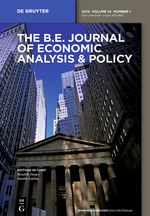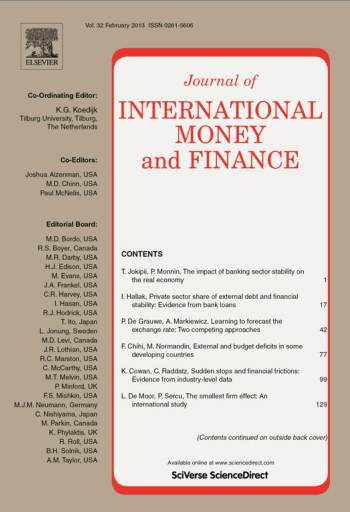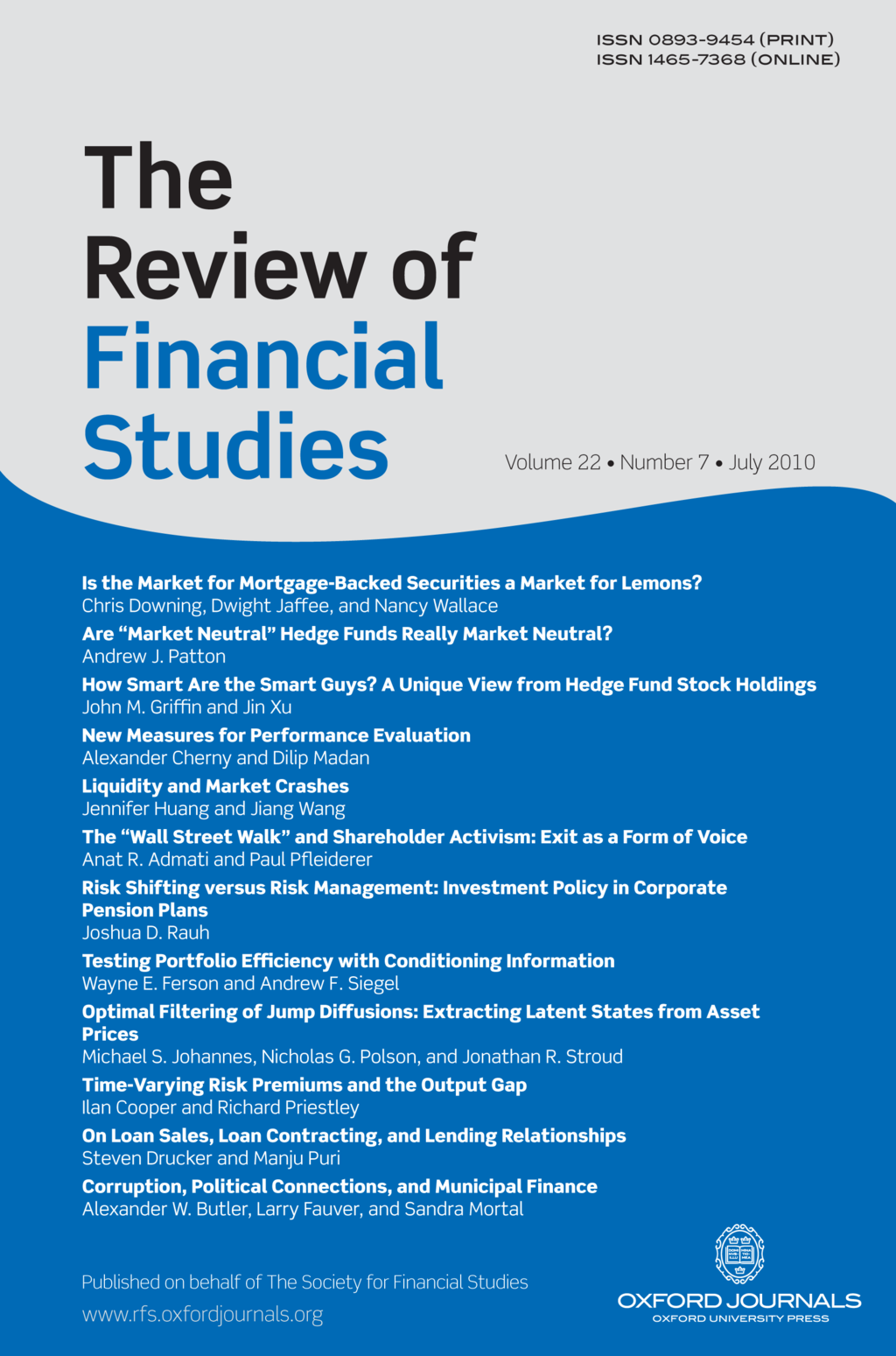Regulation of International Financial Markets and International Banking
This research group analyses causes and consequences of banks' international activities and the regulatory framework they operate in.
Internationally active banks can facilitate an efficient international allocation of capital and provide channels for international risk sharing. But they can also be a source of financial instabilities themselves, thus contributing to international contagion and risk-shifting. This is one reason for the current re-regulation of international banking.
The research group contributes to the literature in three ways. First, the group empirically analyses the channels through which shocks are transmitted by internationally active banks. Second, the group analyses the build-up of aggregate imbalances in integrated banking markets and resulting consequences for the real economy. Third, the group analyses the impact of changes in banking supervision and regulation on (inter)national activities of banks, with a special focus on the European integration process.
IWH Data Project: International Banking Library
Research Cluster
Economic Dynamics and StabilityYour contact

Mitglied - Department Financial Markets
EXTERNAL FUNDING
07.2017 ‐ 12.2022
The Political Economy of the European Banking Union
European Social Fund (ESF)
Causes of national differences in the implementation of the Banking Union and the resulting impact on financial stability.
01.2015 ‐ 12.2017
Dynamic Interactions between Banks and the Real Economy
German Research Foundation (DFG)
Refereed Publications

Elevated Uncertainty during the Financial Crisis: Do Effects on Subjective Well-being Differ across European Countries?
in: B.E. Journal of Economic Analysis and Policy, No. 2, 2019
Abstract
This paper focuses on the effect of uncertainty as reflected by financial market variables on subjective well-being. The analysis is based on Eurobarometer surveys, covering 18 countries over the period 2000–2013. Individuals report lower levels of life satisfaction in times of higher uncertainty approximated by stock market volatility. This effect is heterogeneous across respondents: the probability of being unsatisfied is higher for respondents who are older, unemployed, less educated, and live in one of the GIIPS countries of the Euro area. Furthermore, higher uncertainty in combination with a financial crisis increases the probability of reporting low values of life satisfaction.

Drivers of Systemic Risk: Do National and European Perspectives Differ?
in: Journal of International Money and Finance, March 2019
Abstract
With the establishment of the Banking Union, the European Central Bank has been granted the power to impose stricter regulations than the national regulator if systemic risks are not adequately addressed at the national level. We ask whether there is a cross-border externality in the sense that a bank’s systemic risk differs when applying a national versus a European perspective. On average, banks’ contribution to systemic risk is similar at the two regional levels, and so is the ranking of banks. Generally, larger banks and banks with a lower share of loans are more systemically important. The effects of these variables are qualitatively but not quantitatively similar at the national versus the European level.

Political Influence and Financial Flexibility: Evidence from China
in: Journal of Banking and Finance, February 2019
Abstract
This paper investigates how political influence affects firms’ financial flexibility and speed of adjustment toward target leverage ratios. We find that at the macro level, firms in environments with high political advantages, proxied by provincial affiliations with heads of state as well as political status and party rank of provincial leaders, adjust faster. At the micro level, firms that are state-owned, have CPC members as executives, or bear low exposure to changes in political uncertainty adjust faster. When interacted, the micro-level political factors have more significant impact.

Banks Response to Higher Capital Requirements: Evidence from a Quasi-natural Experiment
in: Review of Financial Studies, No. 1, 2019
Abstract
We study the impact of higher capital requirements on banks’ balance sheets and their transmission to the real economy. The 2011 EBA capital exercise is an almost ideal quasi-natural experiment to identify this impact with a difference-in-differences matching estimator. We find that treated banks increase their capital ratios by reducing their risk-weighted assets, not by raising their levels of equity, consistent with debt overhang. Banks reduce lending to corporate and retail customers, resulting in lower asset, investment, and sales growth for firms obtaining a larger share of their bank credit from the treated banks.

Big Fish in Small Banking Ponds? Cost Advantages and Foreign Affiliate Presences
in: Journal of International Money and Finance, 2018
Abstract
We distinguish cost advantage at home from cost advantage vis-à-vis incumbent banks in destination markets to explain the probability of foreign bank affiliate lending. We combine detailed affiliate lending data of all German banks with public bank micro data from 59 destination markets. The likelihood to operate foreign affiliates depends positively on both types of cost advantage. Only cost advantage at home is economically significant. Generally, risk, return, and unobservable bank traits explain a larger share of the variation in foreign affiliate operations. Less profitable, more risky, and larger banks are more likely to operate affiliates abroad.














